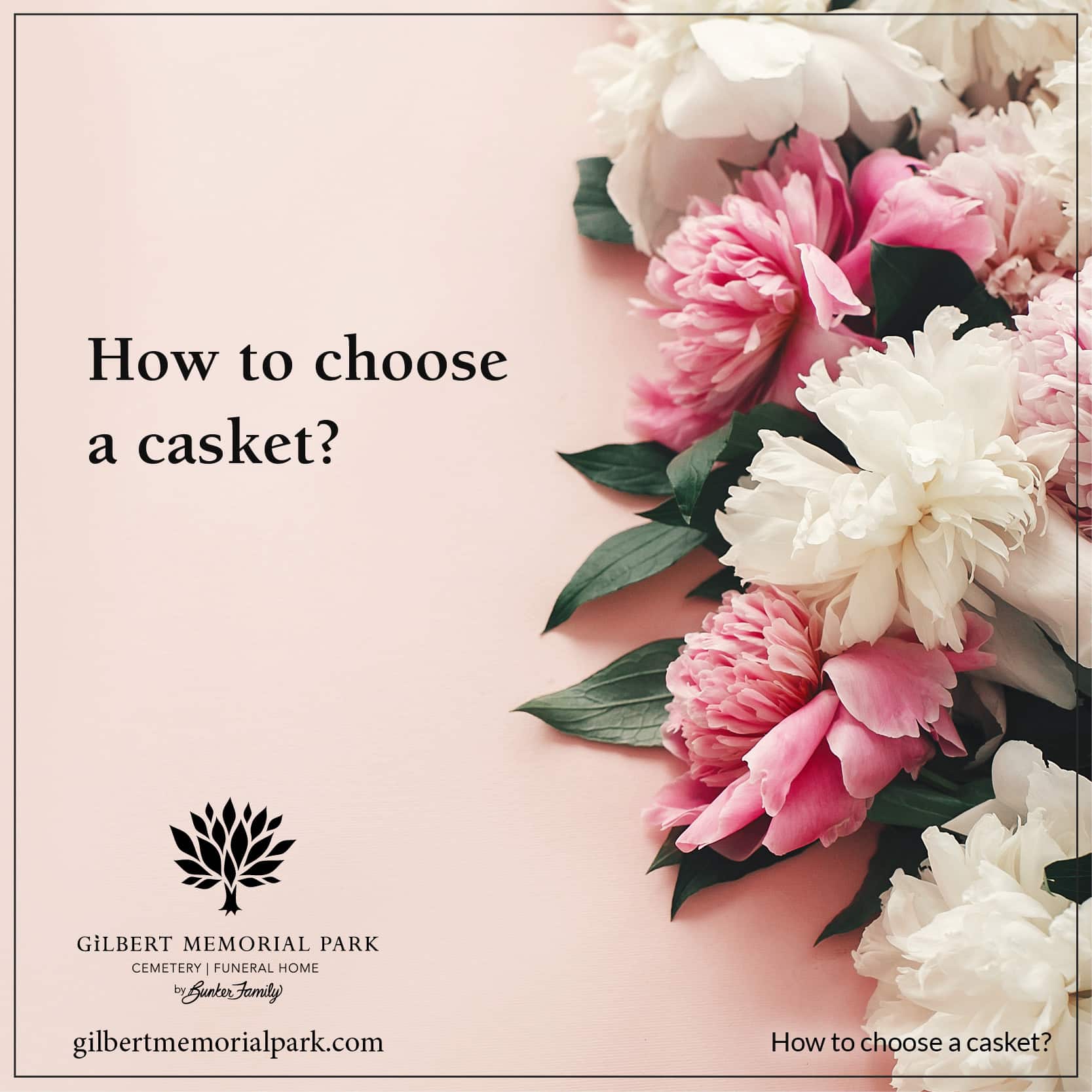For the most part, when a loved one passes away, you’ll need a casket for their burial or at least for their funeral or viewing. But with so many options to choose from, how can you be sure you’re getting one that you need? Here are a few things to consider before deciding on a casket for a loved one.
What to Consider When Choosing a Casket
1. Do you need a casket?
The first thing to consider when choosing a casket is whether or not you’ll be needing one. If you decide to cremate your loved one without holding a funeral with them present, you may not need a casket. But just because your loved one wanted to be cremated doesn’t mean you can’t have a funeral with a viewing. Many funeral homes offer rental caskets for such occasions, so talk to your funeral director about your options if your loved one won’t be buried but you still want a casket for a funeral.
2. What type of material do you want?
Caskets are generally made from wood or metal, and both types range in cost. Some of the most expensive types of wood include mahogany, cherry, and maple, while the least expensive are often pine, poplar, or willow. Wood caskets also are available in a variety of finishes, from gloss to satin. Metal caskets can be made from standard steel, stainless steel, or copper and bronze. While the steel options will eventually rust, bronze and copper have rust-resistant properties. Still, they will ultimately oxidize and break down without rusting.
3. How do you want the casket to be protected?
If you intend to bury a loved one, the cemetery may require the use of a burial vault. A burial vault protects the casket, making it more able to withstand the elements, but it’s also an essential form of protection for the gravesite. Especially if you’re in an area with soft ground, the grave may run the risk of collapsing in. Cemeteries need a lot of heavy machinery, and the cemetery owners need to know that a burial vault is preventing that machinery from causing cave-ins. However, if you choose a metal casket, you also have another option to protect it. A gasketed casket has a seal that helps preserve it. Although it will not indefinitely protect the casket, it does slow the deterioration rate.
4. Do you want a green burial?
More and more people are choosing to go for a more environmentally conscious burial, but what exactly does that entail? For one thing, metal caskets are not allowed, and wooden caskets with metal features are generally also prohibited. If you want a wooden casket for a green burial, you’ll need to use sustainably sourced wood. Many green burial caskets are made from bamboo or willow. However, you have options outside of wood. Some green caskets are built from wool, seagrass, and banana greens. The key is that everything must be biodegradable. You can also choose to forgo the casket entirely and use a burial shroud. Talk to your funeral director to learn more about your options for a green burial.
What should you do if you’re feeling overwhelmed by options?
You may be inclined to simply choose the first casket you see, especially if you’re unsure of the difference between each type. But you should ask your funeral director to show you a variety of casket options. Ask your funeral director the pros and cons of each one and get their opinion. Funeral directors have years of experience helping people plan funerals for loved ones, including picking the right casket. Their expertise is invaluable, so it’s essential that you have some questions in mind when deciding on a casket. Some questions include:
- What is the best casket material for our area’s soil?
- Is a gasketed casket necessary?
- How much more durable is a more expensive wood like mahogany compared to pine?
- Which caskets are biodegradable and useable for a green burial?
- If my loved one is going to be cremated, should I buy or rent a casket?
Choosing a casket can feel overwhelming because you have many different kinds to choose from, and each type has its own benefits and drawbacks. Having the help of a funeral director can mean that your options will be narrowed down to your needs, making you feel more secure in your decision. Be sure to ask questions and get a full idea of what each casket offers before making your choice.



